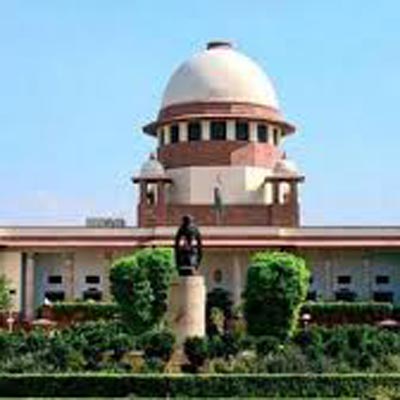Wednesday, Apr 16th 2025
By FnF Correspondent | PUBLISHED: 07, Oct 2020, 12:38 pm IST | UPDATED: 07, Oct 2020, 12:38 pm IST
 Delhi: The Supreme court has said that ‘public places can't be occupied indefinitely’ in the hearing of the Shaheen Bagh protest case today.
Delhi: The Supreme court has said that ‘public places can't be occupied indefinitely’ in the hearing of the Shaheen Bagh protest case today.
by : Priti Prakash
The issue of deportation of Indian migrants staying illegally in the US took an emotionally charged ...